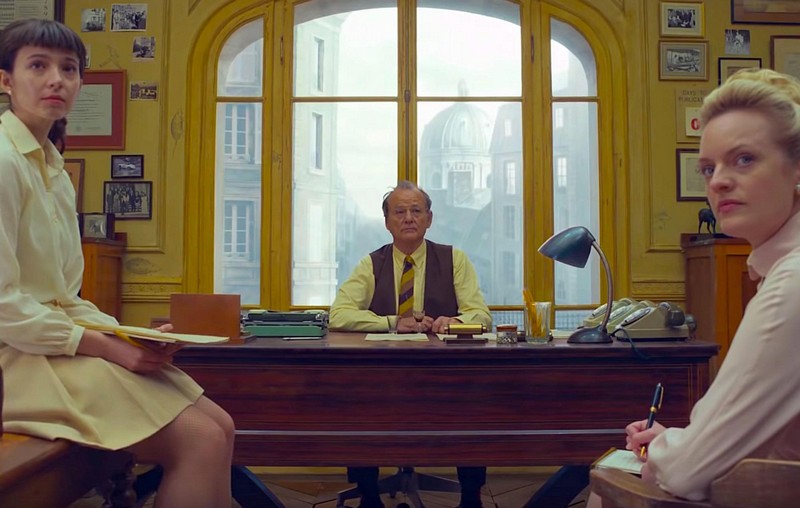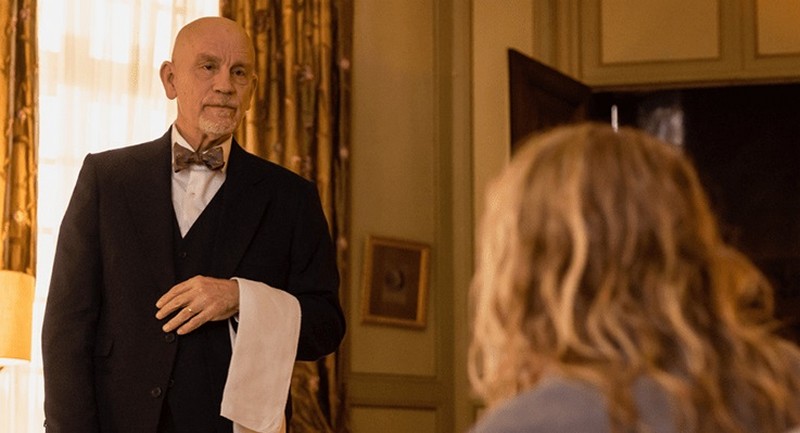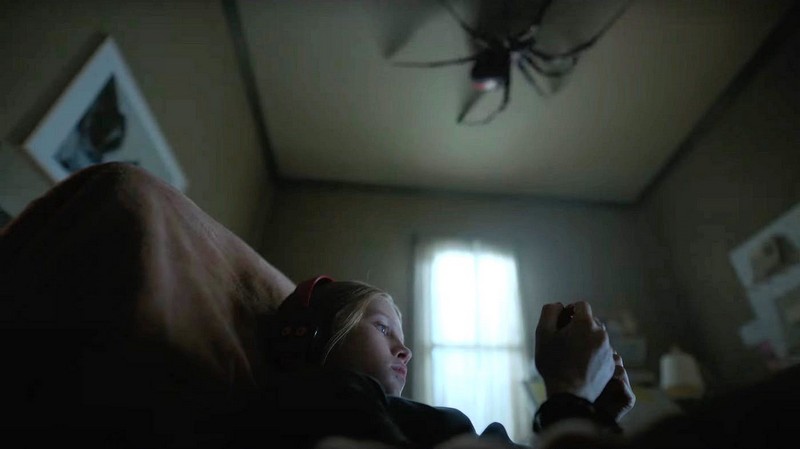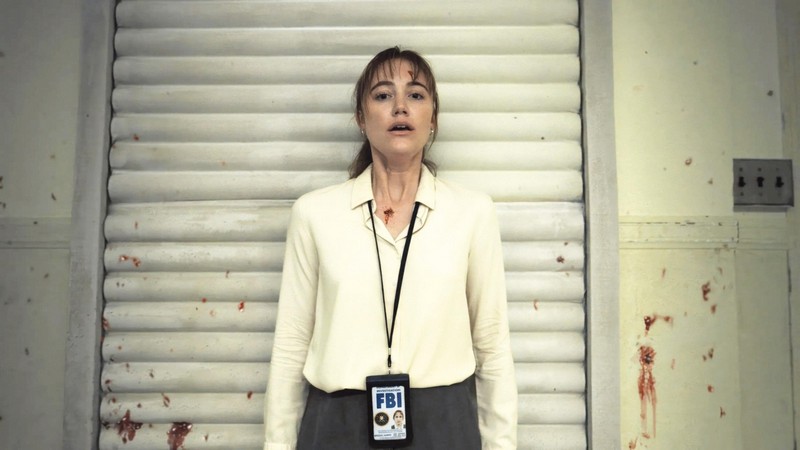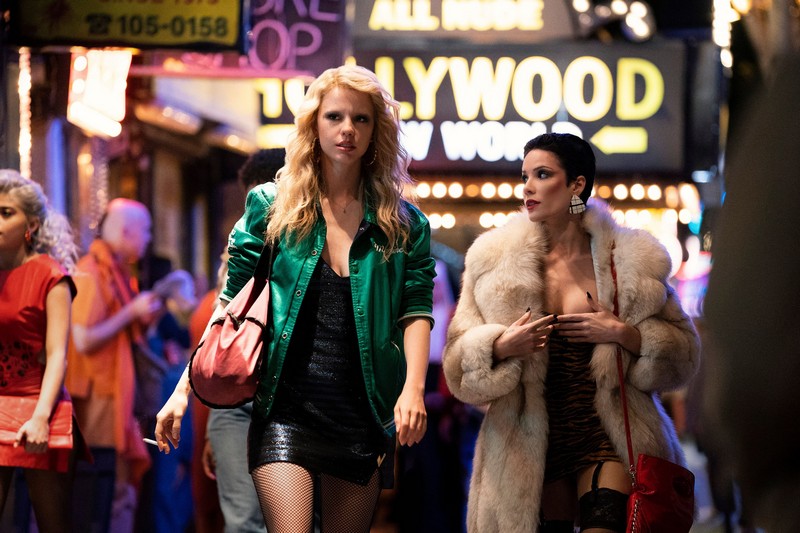Are you into French culture? How about classic American writing of the 1950s and ’60s? Haute cuisine? Student politics? Post-modern art? Balloon-assisted crime? Chess? If you said yes to any of those, chances are you’ll love Wes Anderson’s new film, The French Dispatch.
Anderson is, let’s face it, a divisive filmmaker. In my experience, few are indifferent to his films. Those who love them and those who hate them are about evenly split. The French Dispatch is one of his most ambitious undertakings, so I expect reactions to this film to follow similar lines. This is almost like Anderson dialled to 11. But it’s also one of the most slyly complex and deeply intellectual movies of his career.

When he was a young man, Arthur Howitzer Jr (Bill Murray) took off from the family newspaper business in Kansas for an adventure in France. He never left, settling in the town of Ennui-sur-Blasé. Now he’s the editor of the French Dispatch, an off-shoot publication of the newspaper. The film unfolds as an edition – indeed, the final – of the magazine. A short opening piece sees Herbsaint Sazerac (Owen Wilson) expounding on cycling in the town (also providing helpful some scene-setting). In the arts section, reporter J. K. L. Berensen (Tilda Swinton) studies “The Concrete Masterpiece”. It’s the story of Moses Rosethaler (Benicio del Toro), a criminally insane killer who discovers talent as a post-modernist painter while confined in the town jail/asylum. His muse is Simone (Léa Seydoux) – who also happens to be a prison guard.
Lucinda Krementz (Frances McDormand) explores “Revisions to a Manifesto”. The story follows student revolutionaries Zefferelli B (Timotheé Chalamet) and Juliette (Lyna Khoudri) as they navigate “the Girl’s Dormitory Uprising”. And in “The Private Dining Room of the Police Commissioner”, food writer Roebuck Wright (Jeffrey Wright) finds himself caught up in something much larger while explaining “police gastronomy” with local Commissaire (Mathieu Amalric).
As with any anthology film, some sections land harder than others. I found “Revisions to a Manifesto” somewhat aimless, although it features the very best joke in the whole film. Similarly, the cycling segment seemed a bit misplaced. But “The Private Dining Room of the Police Commissioner” and “The Concrete Masterpiece” are, well, masterpieces. The film concludes with a poignant coda that’s sympathetic without being schmaltzy.
The film is based in reality, specifically the work of American writers who went to France, particularly during the 1950s and ’60s. Many of them wrote for The New Yorker, and the fictional French Dispatch strongly alludes to that magazine. All the reporters and their subjects are also based on real people. Roebuck Wright is plainly a version of James Baldwin; Mavis Gallant inspired Lucinda Krementz; and J. K. L. Berensen channels the famed “art talker” Rosamund Bernier. Rosenthaler, described as a “literal tortured artist”, bears similarities to Francis Bacon and Jackson Pollock.
One of Anderson’s strengths is evoking a time and place without explicitly depicting it. He achieves that again here. His precise shot composition combined with DOP Robert Yeoman’s (Mamma Mia! Here We Go Again) keen eye brilliantly capture the sense of mid-century France even as it’s clear this is not a real place. As ever, the production design is first-rate. The film is littered with visual cues and jokes. Maybe the best of them is a wall painted with the words “sans blague”, which basically means “there’s no joke here”. Alexandre Desplat (Little Women) supplies a jaunty, lyrical score that suits the mood perfectly.
All Anderson’s films seem to have a cast of thousands and this is no exception. The actors all adopt that quirky, deadpan Anderson “house style”, but they’re all uniformly great. It’s perhaps a little unfair to single out anyone, but Timotheé Chalamet (Dune) gets to show his chops here; while Léa Seydoux (No Time to Die), Jeffrey Wright (The Goldfinch) and Benicio del Toro (Sicario: Day of the Soldado) are all brilliant. Among the many familiar faces popping up in cameo roles are Willem Dafoe, Henry Winkler, Saorise Ronan and Edward Norton.
The French Dispatch is almost the apotheosis of Wes Anderson’s work. As such, it’s at once his most challenging but also his most brilliant. So if you find Anderson’s movies self-indulgent and twee, this won’t change your mind. But if you appreciate his brilliance, this is will be catnip for you.
David Edwards
Other reviews you might enjoy:

David Edwards is the editor of The Blurb and a contributor on film and television

